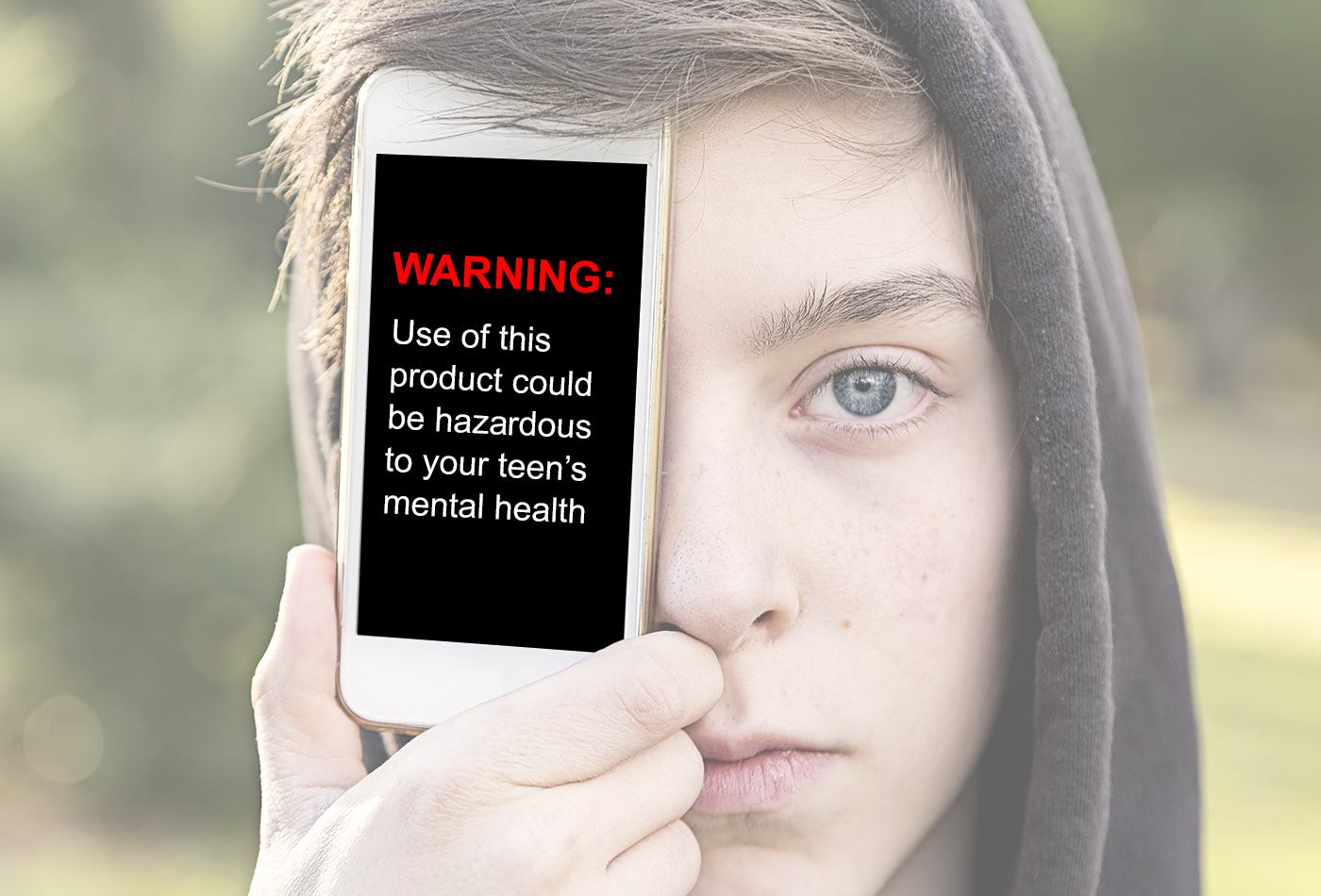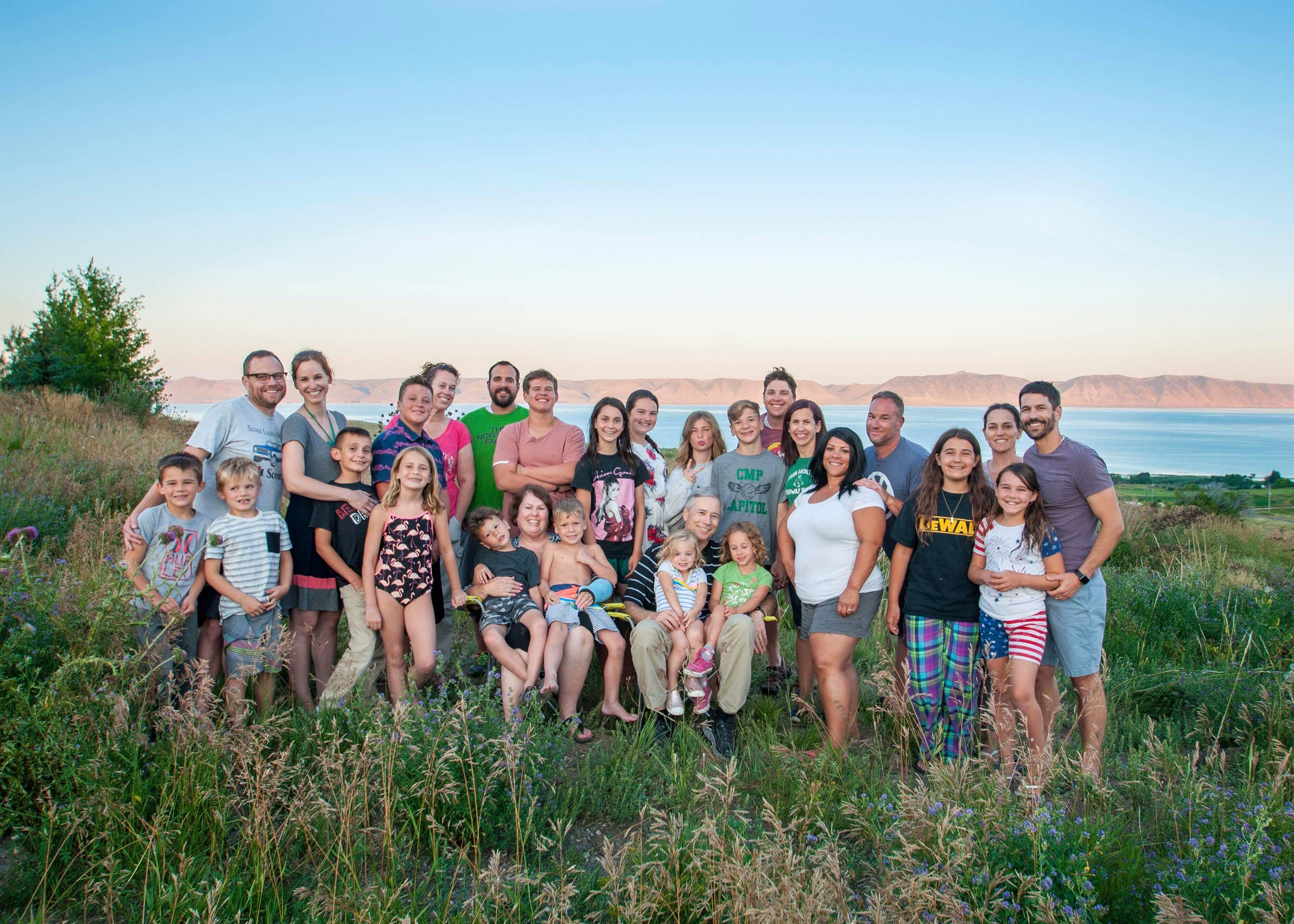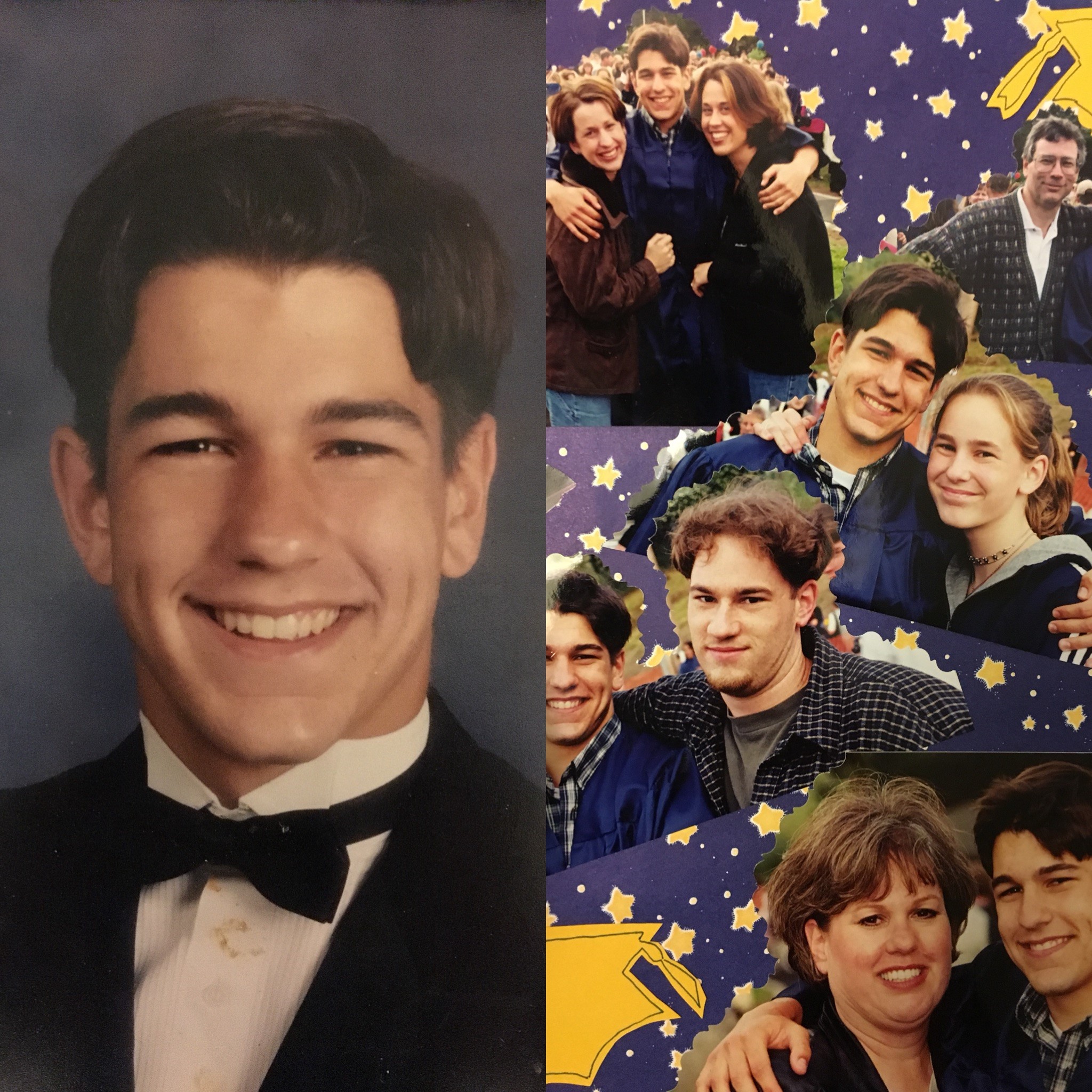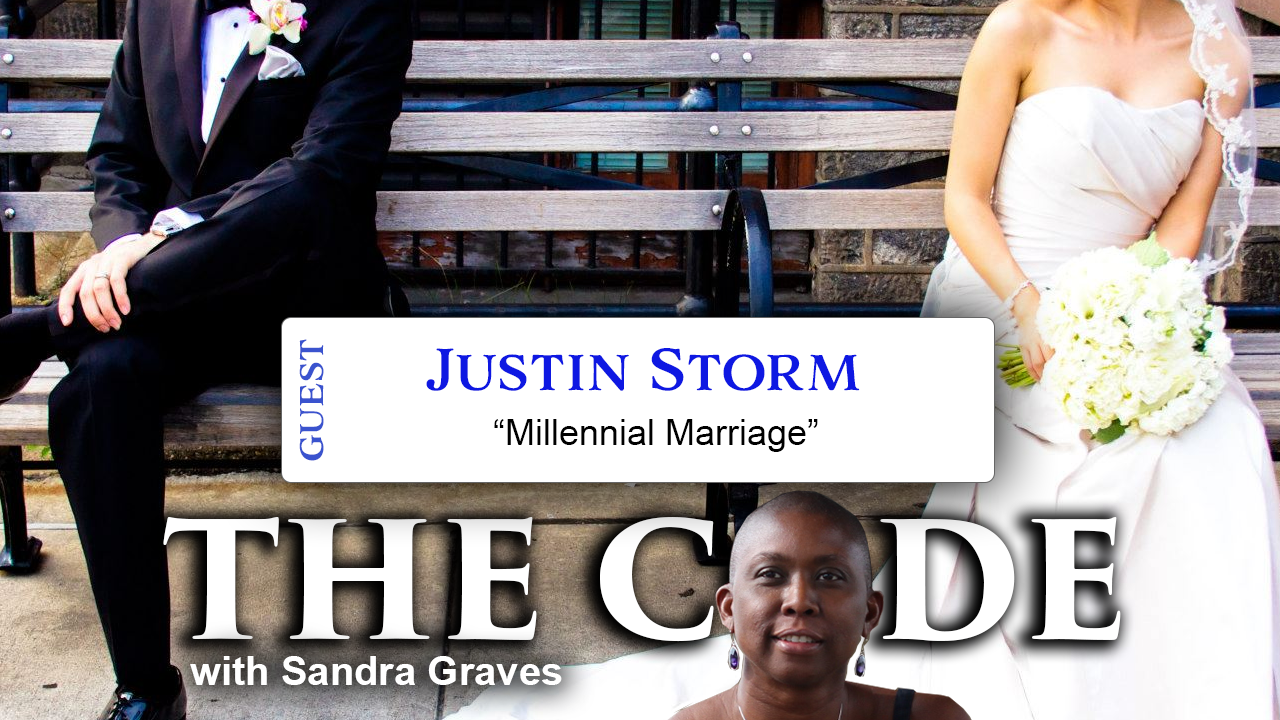
One of the greatest fears amongst parents is that their child will prematurely die. Even worse is that their child will be the one responsible for their own death and we, as parents, could have prevented it.
Now…what if a professional told us how to reduce this risk by more than 70%. Would we listen? “YES!!” would be the resounding answer.
What if the “how” required us to be more attentive and set more boundaries. Most parents would continue to listen, understanding that in order to properly support our children we need to adjust and improve as parents.
What if it required us to decrease our children’s device usage to more than a fourth of where it is today…silence.
The last step is where most hesitate. For many, our children’s devices are untouchable.
I am not endorsing that we take away our children’s phones or barely give them access to the devices. I am endorsing that we become more aware of the implications and risks that these devices are creating amongst our youth and be willing to do what is necessary to improve their relationship with the world.
I am going to share some eye-popping information that will, hopefully, give us the strength to do what is necessary to bring about such change:
“Brink of Worst Mental Health Crisis”
At an apple investor meeting earlier this year, two shareholders (owning more than 2 billion dollars of apple stock) shared the following:
The arrival of the smartphone has radically changed every aspect of teenagers’ lives, from the nature of their social interactions to their mental health […] Rates of teen depression and suicide have skyrocketed since 2011. It’s not an exaggeration to describe iGen as being on the brink of the worst mental-health crisis in decades. Much of this deterioration can be traced to their phones.” 9to5Mac.com
Newsweek expanded on the shareholders’ comments with the below facts:
- The average American teenager first receives a smartphone at the age of 10 and spends over 4.5 hours a day using it.
- Teenagers who spend more than five hours on their phones per day are 71 percent more likely to be depressed and suicidal; more than three hours a day 30% more likel.
- Reducing their device intake to less than one hour a day significantly decreases such depressive and suicidal tendencies.
- Teen suicides have increased by 70%+ since 2006 amongst 10-17 year-olds (Iphone launched in 2007)
Newsweek & USA Today
No Substitute for Real Connection
One of the unintended repercussions of the iphone is how it disconnects us from the real world leaving an emotional void:
One of the ironies of iGen life is that despite spending far more time under the same roof as their parents, today’s teens can hardly be said to be closer to their mothers and fathers than their predecessors were. “I’ve seen my friends with their families—they don’t talk to them,” Athena told me. “They just say ‘Okay, okay, whatever’ while they’re on their phones. They don’t pay attention to their family.” Like her peers, Athena is an expert at tuning out her parents so she can focus on her phone. She spent much of her summer keeping up with friends, but nearly all of it was over text or Snapchat. “I’ve been on my phone more than I’ve been with actual people,” she said. “My bed has, like, an imprint of my body.”
The article continues by highlighting this connection gap as follows:
Because teens are interacting in a way that isn’t face to face, there’s less of a connection, so it’s hard to understand what, if anything, to say when someone says they want to die. Teens say they will see a post about depression or suicide ideation and sometimes just pass it off as relatable dark humor.USA Today
Comparison is the Greatest Thief of Joy
We all do it. Comparing our lives to others is natural. When we see others online we are comparing the, somewhat, fictitious with our known reality. We will almost certainly come up short. This is the obvious comparison challenge of social media. Others I had not thought of are:
“If super skinny — or muscular — models aren’t enough to depress a teen, flipping through social media feeds can prove misery loves at least digital company.”
Teens regularly post about hating their lives and wanting to kill themselves, so much in fact that Parks says it’s almost like a competitive “race to the bottom.”
On one hand social media provides a place to vent and get advice, but on the other hand, as Anderson said, “if everyone is commiserating over everyone, is it really helpful?”” USA Today
Today’s teens may go to fewer parties and spend less time together in person, but when they do congregate, they document their hangouts relentlessly—on Snapchat, Instagram, Facebook. Those not invited to come along are keenly aware of it. Accordingly, the number of teens who feel left out has reached all-time highs across age groups. Like the increase in loneliness, the upswing in feeling left out has been swift and significant. 9to5Mac.com
So…Now What?
There is no one “right” way to address this challenge. Below, I have included a sample family plan on how to address the issue (courtesy of The Church of Jesus Christ of Latter Day Saints):
- Establish your family digital policy / Data Plan with age appropriate milestones – in writing
- Manage and verify usage – install parental controls (see list)
- Reduce screen time by ? hour per ?
- Increase outdoor activity by ? per ?
- Have a monthly ‘tech talk’ – include Positive usage of technology
- Implement a central charging station
- Establish times and places that are “no-phone zones”
- Provide your family with strategy to overcome bad habits
- Don’t yell, judge, or get mad when your kids make mistakes on technology you didn’t teach them how to use.
- LEAD BY EXAMPLE
No one said parenting the right way would be easy, they only said it would be worth it.











